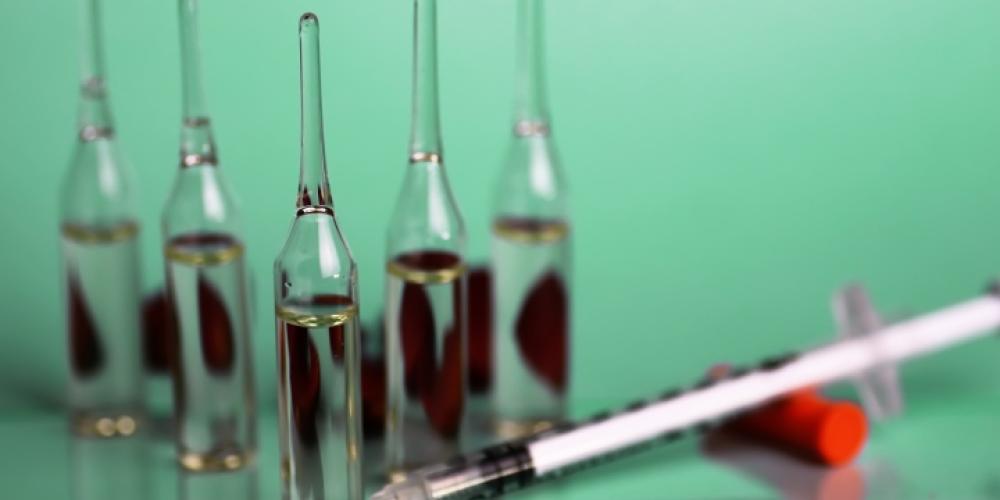
The incidence of melanoma has dramatically increased over the past decades and is now higher than most other cancers. The human immune system should theoretically be able to detect melanoma cells and destroy them. That some people develop melanoma skin cancer nonetheless, is due to the fact that melanoma cells can camouflage themselves, thereby avoiding attacks from the immune system. Furthermore melanoma cells manage to exploit so called ‘stimulus inhibiting circuits’ in the cells to slow down or even completely stop the immune system.
Antibodies crucial in the battle against melanoma
To curtail these stimulus inhibiting circuits by melanoma cells, scientist have studied the molecular interactions at the basis of these circuits - so called ‘inhibiting immune checkpoints’. Medicines that bind such checkpoints are based on antibodies and are being developed rapidly - and with success. Particularly patients with late stage melanoma appear to benefit from these experimental drugs. The encouraging results have actually led to these medicines being brought on the market. Nevertheless, it is vital that intensive research into inhibiting immune checkpoints is continued. The VUB research honoured by the Melanoma Research Alliance serves as a good example.
Authentic Belgian VUB product
The researchers have developed a new strategy to use the molecule programmed death-ligand 1 (PD-L1). Their PD-L1 binding antibody stems from camel-like animals and when compared to other, already marketed drugs is a lot smaller, which enables it to penetrate tumors more successfully.
Prof. dr. Karine Breckpot is extremely excited about the support from the Melanoma Research Alliance. ‘Today the belief in immune therapy as a strategy to attack cancer cells in a directed way is bigger than ever. Especially the use of antibodies to counteract the negative signals that immune cells receive from cancer cells turns out to be a successful strategy. I am honoured that our team, the Laboratory for Molecular and Cellular Therapy in cooperation with the In-vivo Molecular Imaging team, is granted the trust to develop a truly Belgian and authentic VUB product in this context,’ Breckpot elaborates.